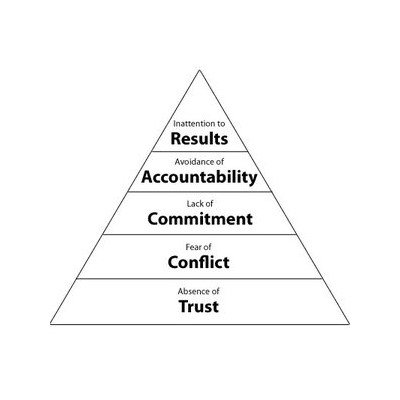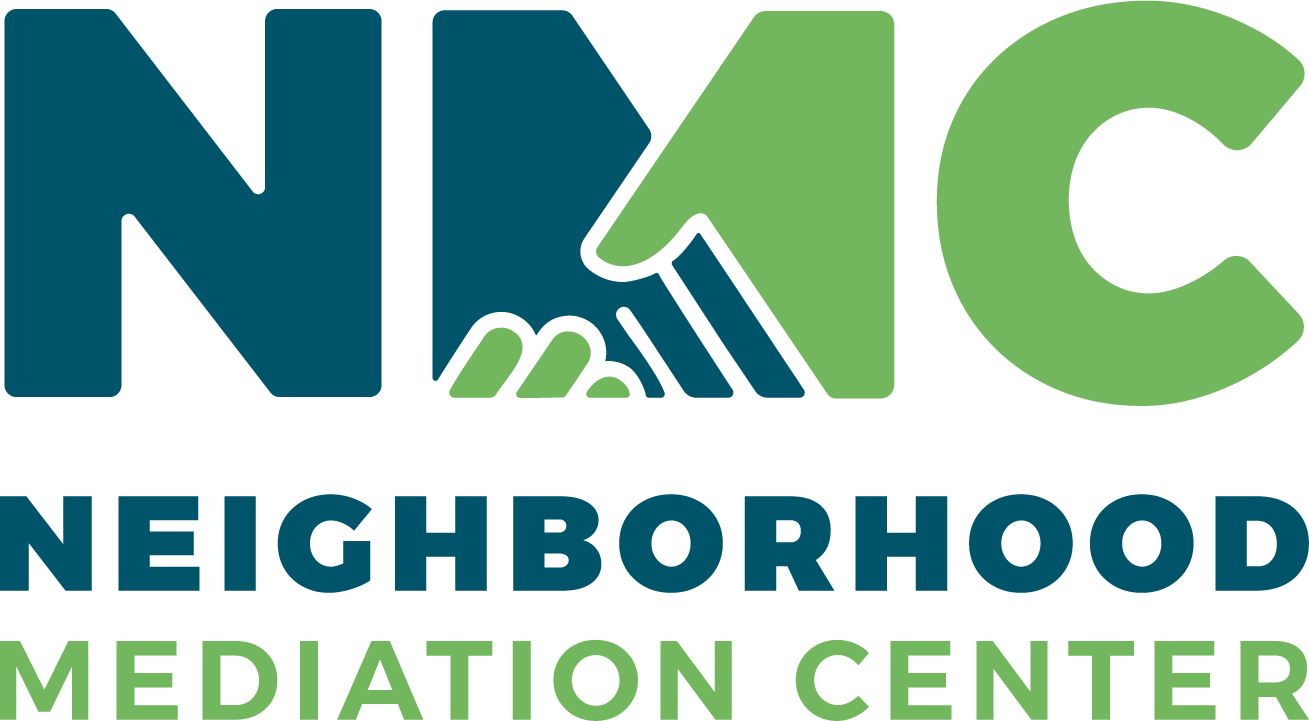Here’s a place to share, learn, absorb, and perfect our trade…

Mediation Tool Box
Here's a concise list of tools and techniques Facilitative Mediators use in the process. Would you agree with the definitions? What would you add?


Working with Interpreters
NMC was lucky to be able to work with Natalia Cordillo FCCI, Court Interpreter for Reno Justice Court, in early February of 2023. About ten of us gathered to learn more about mediator best practices when working with an interpreter. Natalia was kind to share her presentation with us. Some of that presentation follows, along with some notes that were taken during the 90 minute session. Additionally, a new section of our Mediators Manual will include the key points for working with an interpreter. Thank you Natalia!

Hooks and Hot Buttons
Conflict hooks are your personal hot buttons. They come from within you, not really from someone else pressing them, though that’s how we generally talk about them (He just presses my buttons). They’re based in your identity, or how you see yourself (and want others to see you) in the world. The idea is that when you perceive a threat of some sort to an important part of your identity, you’re hooked. It may be a real threat. Yet as often as not, it’s a perceived threat…you feel threatened whether or not the other person intended to convey that threat.

Reflective Practice
“We do not learn from experience … we learn from reflecting on experience.” John Dewey

Questions Mediators Ask
Master mediator Ken Cloke has generously shared some of his most impactful questions. © Kenneth Cloke

Trust and its Impact on Mediation
There are differences, and in some cases vast differences, in the way we each formulate our trust for others. In other words… We don’t all trust or distrust for the same reasons. This key fact impacts our parties trust in each other and in us as mediators. Understanding the underbelly of how conflict works is what we strived for in this class based on a single model of trust building.

Part 2 - Mediating Temporary Protection Order Cases
Part - 2 with Judge Hascheff - Protection order cases, also known as Temporary Protection Orders (TPO), are cases in which one party is seeking protection from the other party from issues like harassment, threats of violence, etc.…Our mediation model works well in these cases, and, there are some things to watch out for. If you are considering adding this type of case to your bookings, or would like to brush up on the complexities, come learn some of the special operations from those who have been there.

Part 1 - Mediating Temporary Protection Order Cases
Protection order cases, also known as Temporary Protection Orders (TPO), are cases in which one party is seeking protection from the other party from issues like harassment, threats of violence, etc.…Our mediation model works well in these cases, and, there are some things to watch out for. If you are considering adding this type of case to your bookings, or would like to brush up on the complexities, come learn some of the special operations from those who have been there.

Quality Control in Mediation
Mediation programs, and mediators in particular, have the responsibility to ensure they are providing high quality dispute resolution services. Quality control efforts are thought not only to protect consumers but also to maintain the legitimacy of and public confidence in both the mediation process and the courts. Commentators argue that assuring quality mediation services is particularly important when mediation is funded by public funds, involves mandatory referral, or does not permit party choice of the program, the process, or the mediator, or when the parties would not have the knowledge or the resources to make informed choices.

Conflict Styles and the Influence on Mediation
The conflict styles of the parties and the mediator(s) have an enormous influence on every mediation. Self-awareness and other-awareness of conflict styles, in the moment of the mediation, is a key component to understand what is going on.

Breaking Impasse
Parties to a mediation arrive to the start of the process at some level of impasse. One of the ways to think about breaking impasse is to believe that we are deploying tools right from the start of the process to lead the parties toward breaking impasse and reaching agreement. Impasse is not something that appears out of nowhere at the end of a mediation. What are those tools? And when do we use them?

Art of the Caucus
The art of separate meetings as a tool in the process of mediation. A refresher on caucusing, when to use it (concerns of under-utilizing it), forgetting about it in the heat of the moment, wanting to be more mindful of using it as a tool, hearing other’s experiences having been trained in the theory of not using caucus ever.

